Uvozone Pool System Vs Salt Water
Uvozone pool system vs salt water. Keep in mind that one expense youll have with a saltwater pool is replacing the cells in the generator. Since UV systems only treat water as it passes by the system they dont provide continuous residual pool sanitation. Ozone pool systems allow pool owners to reduce chlorine consumption and are stronger oxidizers than chlorine.
However once the pool is set up and running youll spend less money on it than a chlorinated pool. Some of the systems will only target a portion of the piping that you use to filter the water in your pool. A saltwater pool system is the same thing as a salt chlorine generatorsalt water chlorinator.
However saltwater systems are more expensive to set up and maintain than chlorinated pools. A UV system adds nothing to the pool water. Salt water can easily damage plants that surround your pool.
Presently they can only be used in conjunction with chlorine or salt water pool sanitation systems. This is why UV systems require chlorine for a residual sanitizer in pool water at all times. Disadvantages of Each System.
In comparison chlorine system costs can reach up to 1000. This can cost you anywhere from 200 to 700 but you shouldnt need to replace cells more than every few years. In reality salt water pools have the same amount of chlorine as pools treated with chlorine directly which is typically 1ppm to 3ppm.
These pools use salt chlorinators also known as salt chlorine generators or just salt water systems. A salt water pool isnt better than a chlorine pool because it IS a chlorine pool. Salt is a fine choice but neither option are.
They generate electrical energy that breaks down oxygen molecules O2 to create a chemical reaction that produces ozone. If you already have a chlorine pool it may be cheaper to leave it as-is.
Needless to say it is not as harsh than people imagine it to be.
In reality salt water pools have the same amount of chlorine as pools treated with chlorine directly which is typically 1ppm to 3ppm. Water in a saltwater system also tends to feel softer. Ozone pools have a higher upfront cost than traditional chlorine pools do but they take the work out of maintaining your pool doing the bulk of it for you. This price can vary depending on the size of your pool ie the bigger the pool the more water you have and the more salt needed to add to the water. In an AOP system ozone gas is dissolved in water and then passes through a chamber with a germicidal ultraviolet lamp. These annual costs can add up but in comparison to. This means that an ozone swimming pool sanitation systems cannot be used on its own. This can cost you anywhere from 200 to 700 but you shouldnt need to replace cells more than every few years. Saltwater pools use a process called electrolysis to produce just enough chlorine to disinfect the water.
In reality salt water pools have the same amount of chlorine as pools treated with chlorine directly which is typically 1ppm to 3ppm. Pool Ionizers release microscopic mineral ions into the water that control bacteria and algae. Ozone pool systems allow pool owners to reduce chlorine consumption and are stronger oxidizers than chlorine. Also salt is corrosive in nature. These pools use salt chlorinators also known as salt chlorine generators or just salt water systems. This means that an ozone swimming pool sanitation systems cannot be used on its own. Saltwater systems are on the low end of this range at roughly 100 per year including electricity.







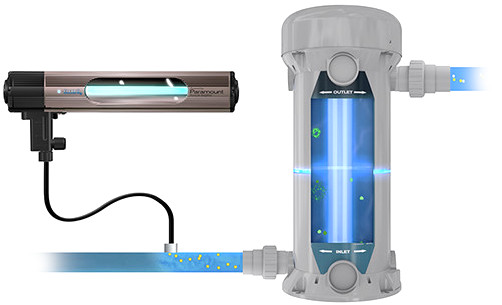



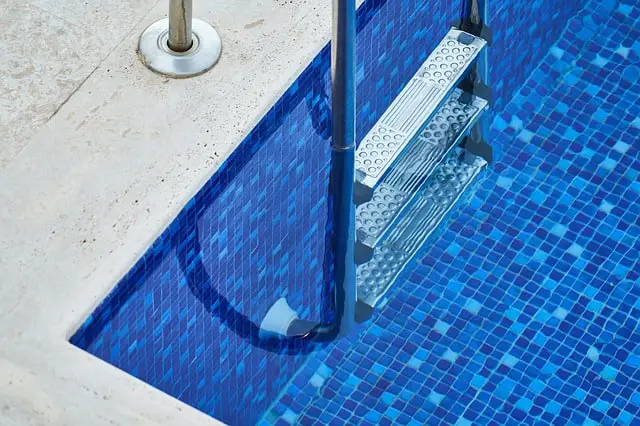
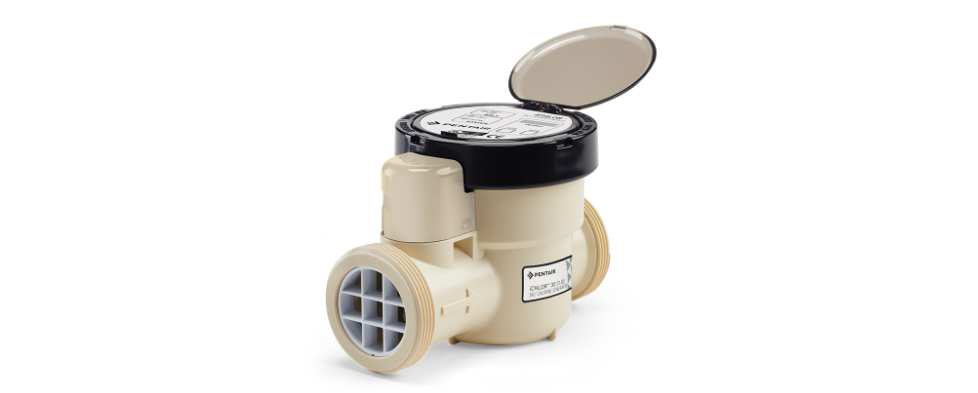




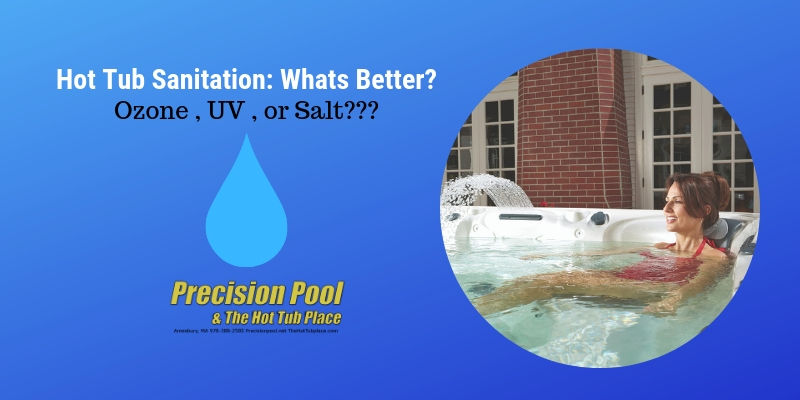
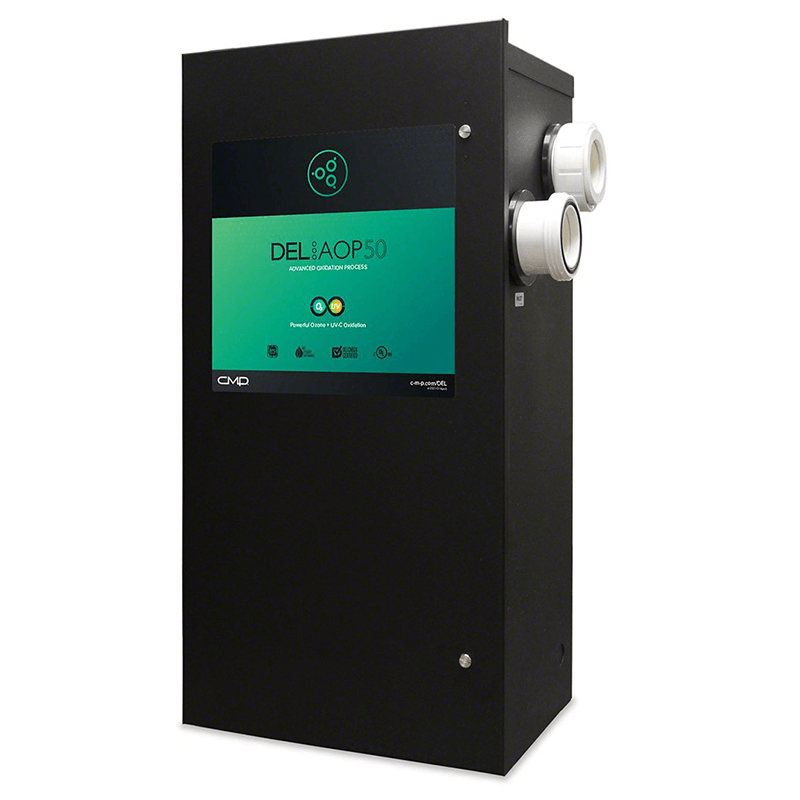
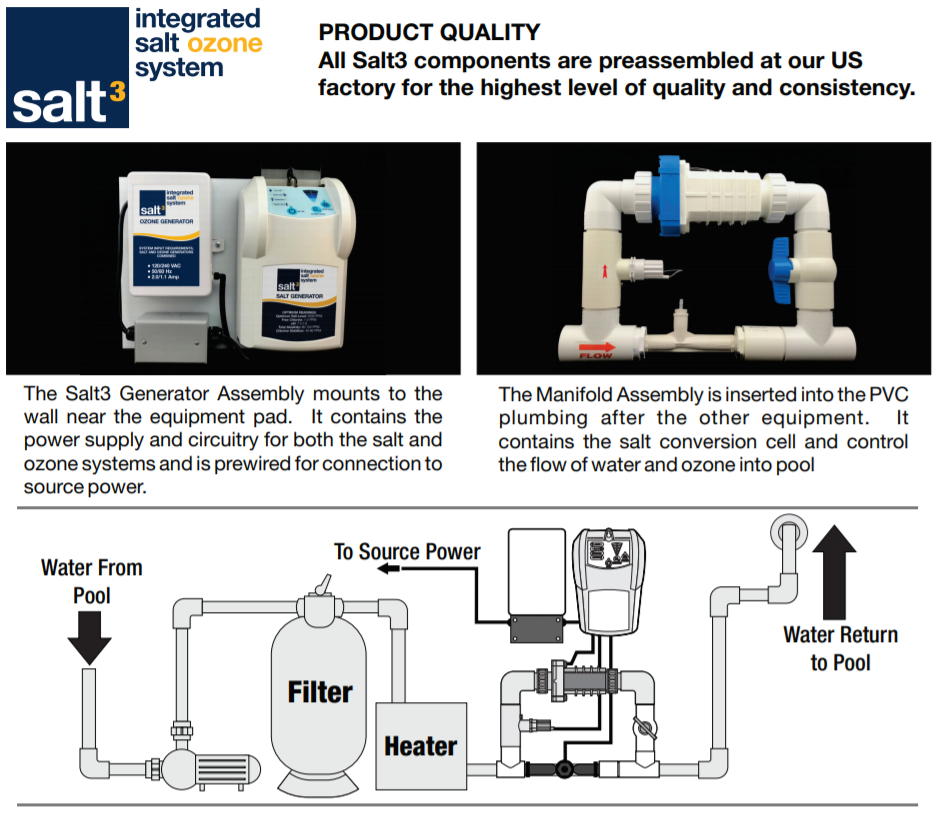


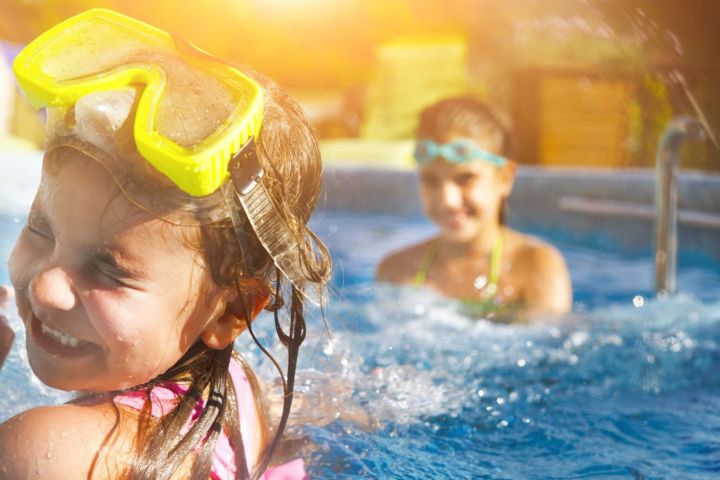








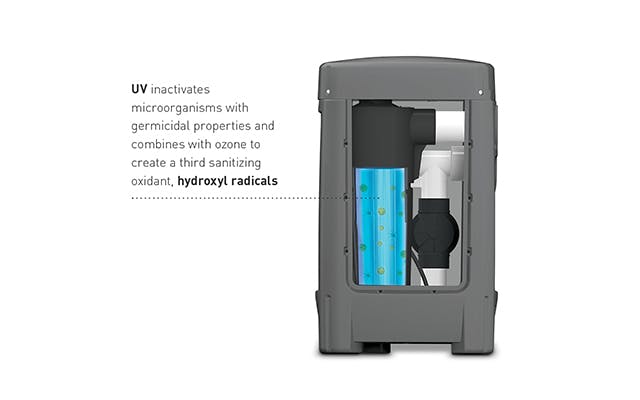

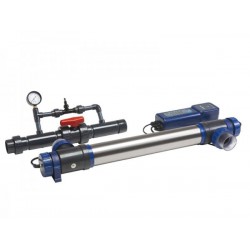


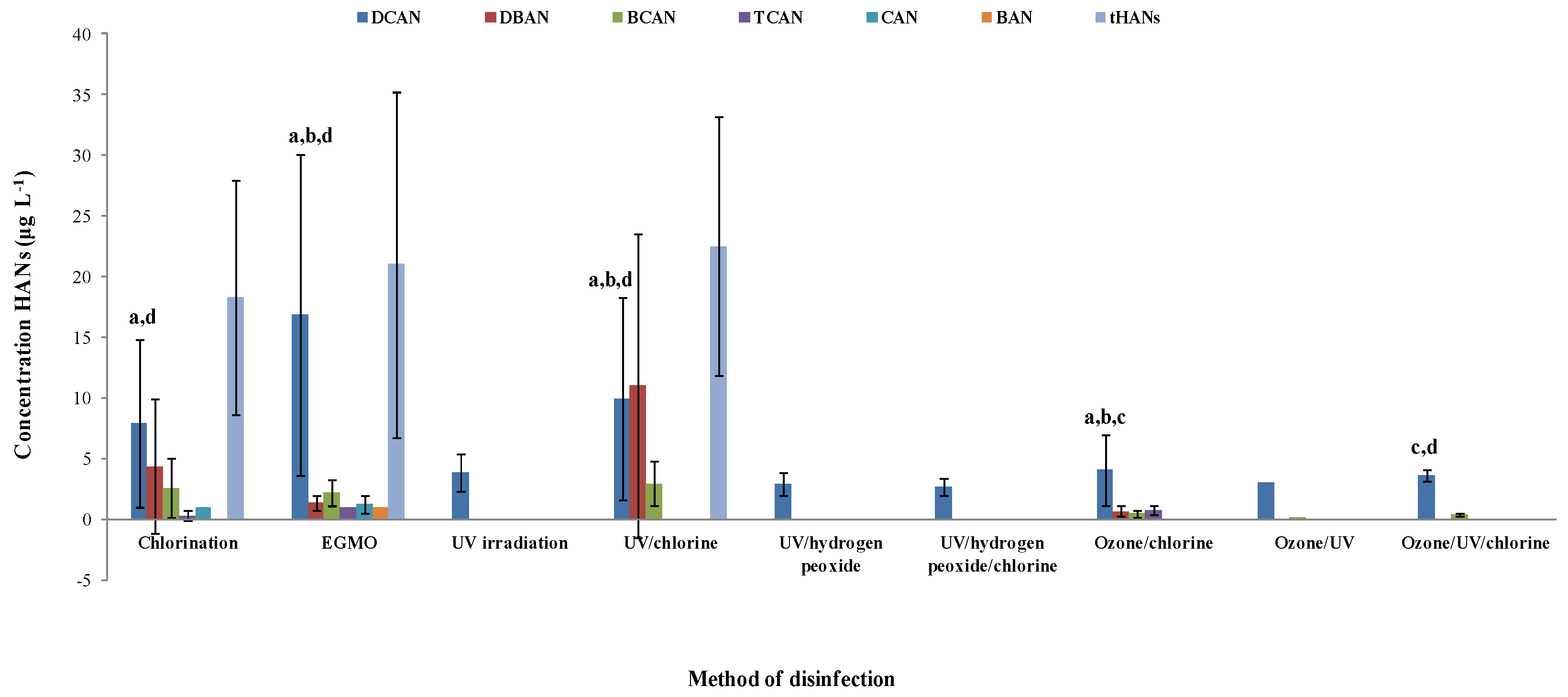





ReplyDeleteNice Content, it was exceptionally helpful! thanks for sharing.
Custom pool builder in austin texas
Pool builder in round rock texas